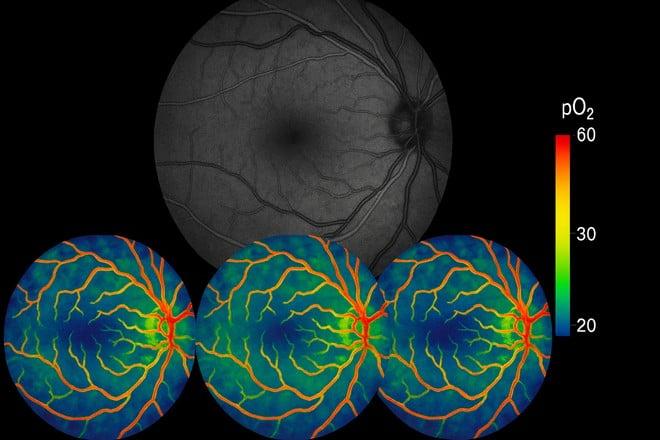On Monday, AMD announced it will supply AI chips to OpenAI in a multi-year deal worth tens of billions of dollars annually that gives the ChatGPT creator an option to acquire up to 10 percent of the chipmaker's stock for 1 cent per share, Reuters reports. The agreement covers hundreds of thousands of AMD's AI graphics processing units over several years starting in the second half of 2026.
The deal marks a major endorsement of AMD's AI hardware and software capabilities as the company competes with Nvidia for dominance in the AI chip market. AMD executives project the agreement will generate more than $100 billion in new revenue over four years from OpenAI and other customers who follow OpenAI's lead.
"We view this deal as certainly transformative, not just for AMD, but for the dynamics of the industry," AMD Executive Vice President Forrest Norrod told Reuters on Sunday. The chipmaker will start booking income from the deal next year when OpenAI starts building a 1 gigawatt facility based on AMD's forthcoming MI450 series chips.
As part of the arrangement, AMD will allow OpenAI to purchase up to 160 million AMD shares at 1 cent each throughout the chips deal.
OpenAI diversifies its chip supply
With demand for AI compute growing rapidly, companies like OpenAI have been looking for secondary supply lines and sources of additional computing capacity, and the AMD partnership is part the company's wider effort to secure sufficient computing power for its AI operations. In September, Nvidia announced an investment of up to $100 billion in OpenAI that included supplying at least 10 gigawatts of Nvidia systems. OpenAI plans to deploy a gigawatt of Nvidia's next-generation Vera Rubin chips in late 2026.
OpenAI has worked with AMD for years, according to Reuters, providing input on the design of older generations of AI chips such as the MI300X. The new agreement calls for deploying the equivalent of 6 gigawatts of computing power using AMD chips over multiple years.
Beyond working with chip suppliers, OpenAI is widely reported to be developing its own silicon for AI applications and has partnered with Broadcom, as we reported in February. A person familiar with the matter told Reuters the AMD deal does not change OpenAI's ongoing compute plans, including its chip development effort or its partnership with Microsoft.

 Nuova tecnologia svela i segreti della retina prima che la vista svanisca
Nuova tecnologia svela i segreti della retina prima che la vista svanisca